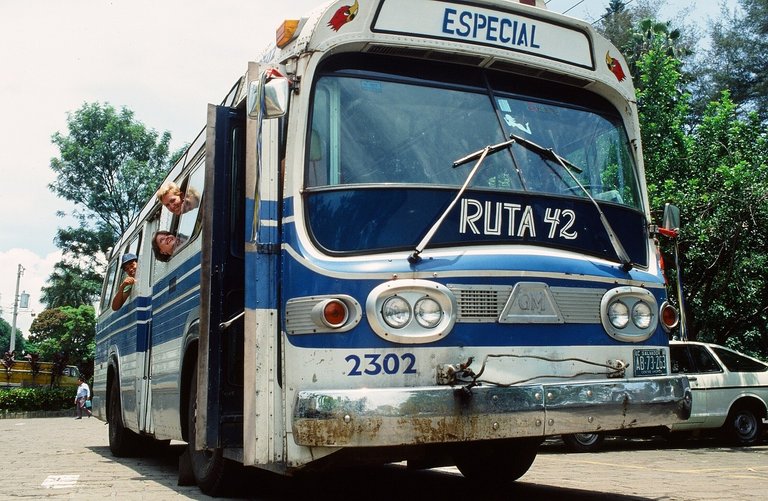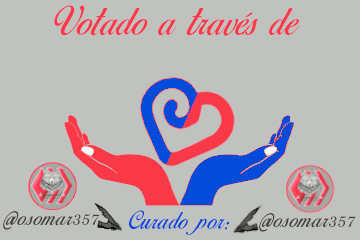
Hay cosas que no podemos negar, nos brota en nuestra actitud y forma de ser. A mi me había educado en una buena escuela donde las normas de saludar al entrar y salir eran una regla.
De hecho mi madre nos contaba que en su natal Archena en España, cuando su padre estaba en casa, no entrabas si no decías una frase religiosa: "Ave María purísima" y de adentro te contestaban, "sin pecado concebida". Si llegabas a faltar a esa regla recibías tu buen golpe.
De hecho a mi abuelo se lo llevaron varias veces preso por ayudar al cura en la iglesia como monaguillo. Era la época de Franco y el país estaba dividido y a mi familia le toco la parte que no querían a los religiosos.
Esa educación pero no tan acentuada daba mi origen de saludar a cualquier lugar al que llegaba. Fue así como me fui a la capital Caracas en Venezuela para estudiar una carrera educativa.
Mi primera vez en un autobús de la ciudad salude cordialmente al entrar, alguno respondió entre dientes. Yo suponía que estaban concentrados en su camino y en que no los robaran. Total era la capital donde me habían dicho que tuviera mucho cuidado con los ladrones.
Así transcurrió la semana hasta que alguien en el autobús me pregunto: ¿tú no eres de Caracas verdad? Resulta que el saludar se veía como una actitud de provincia. Las cosas han cambiado mucho en la actualidad, pero sigue siendo que algunos saludan y otros no. Yo creo que es cuestión de actitud y educación.
Este texto corresponde a mi participación en el reto diario del amigo @latino.romano y @mariannewest post
ENGLISH VERSION

There are things that we cannot deny, they emerge in our attitude and way of being. I had been educated in a good school where the rules of greeting when entering and leaving were a rule.
In fact, my mother told us that in her native Archena in Spain, when her father was home, you would not enter if you did not say a religious phrase: "Hail Mary, most pure" and from inside they would answer, "conceived without sin." If you broke that rule you received your good blow.
In fact, my grandfather was taken to prison several times for helping the priest in the church as an altar boy. It was Franco's time and the country was divided and my family was affected by the fact that they did not want the religious.
That education, but not so accentuated, gave me the origin of greeting wherever I arrived. This is how I went to the capital Caracas in Venezuela to study an educational career.
My first time on a city bus, I greeted cordially upon entering, some responded under their breath. I assumed they were focused on their way and not getting robbed. It was the capital where they had told me to be very careful with thieves.
That's how the week went by until someone on the bus asked me: you're not from Caracas, right? It turns out that greeting was seen as a provincial attitude. Things have changed a lot nowadays, but it is still the case that some say hello and others don't. I think it's a matter of attitude and education.
This text corresponds to my participation in the daily challenge of my friend @latino.romano and @mariannewest post

Traducido con google (versión gratuita)
Photos with source identified
Translated with google (free version)








